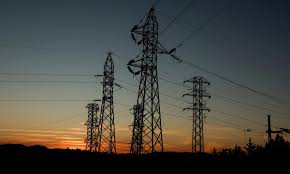 Around mid-day last Monday most of Spain, Portugal and parts of France suffered a major power-cut, named by the Spanish Press as El gran apagón.
Around mid-day last Monday most of Spain, Portugal and parts of France suffered a major power-cut, named by the Spanish Press as El gran apagón.
It took some eight hours for power to be restored to some areas; other areas had to wait until Tuesday for the power to come back on.
It was a strange, yet amusing situation, albeit critical too.
From a personal perspective
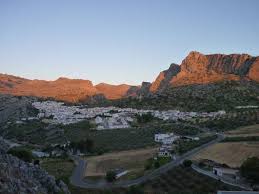 I was in a small village in the Serranía de Ronda at the time. Montejaque (pop: 960). I'd just gone to the square after a hard day working on my house in the village.
I was in a small village in the Serranía de Ronda at the time. Montejaque (pop: 960). I'd just gone to the square after a hard day working on my house in the village.
The Plaza de la Constitución is home to three bars. They were all open. Two promptly closed because without electricity they couldn't prepare hot food nor keep drinks cold. So, with little money to be made, they called it a day. What happened to the concept of "service"?
The one remaining bar, La Melli, stayed open. They had no food, but they did have loads of ice cubes.
Montejaque blackout [Photo: iStock]
I was sitting with a group of other guiris: Anya, a Dutch resident; two Dutch tourists; three French women who had just arrived; and another Briton, Barry, who owns a house in Montejaque, but lives in Japan with his Japanese wife, Mika. There were just two Spaniards.
What had happened?
We didn't know, to begin with, as it was difficult to access news. No TV; no radio; no WiFi; mobile phone systems down.
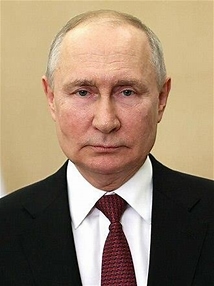 Added to that, with no electricity we couldn't pay by credit card; nor could we draw cash from the "cajero" at the bank.
Added to that, with no electricity we couldn't pay by credit card; nor could we draw cash from the "cajero" at the bank.
There were no lights in the shops, so you couldn't see what you were buying; the fridges and freezers stopped working, and so did the tills. At the checkout everything had to be written down and added up with pen and paper and a calculator or in the head. And you needed the right money in cash.
Back to our mobile phones, if you had "roaming" you could access some information. Somebody got onto a reputable Press website which told us the France, Germany, Morocco, Portugal and Spain were affected.
People began to joke that it was probably a cyber attack by Vladimir Putin in Russia. But, maybe it really was!?
By Tuesday we knew that the countries affected were Spain, Portugal and parts of France. Apparently, their national grids are linked in some way.
Putin [Wikipedia]
One Week Later
A week further on and nobody seems to be any the wiser. Investigations are still ongoing.
Typically this has caused a political row in Spain with Alberto Núñez Feijóo (PP), the leader of the opposition, taking advantage to blame the government, led by Pedro Sánchez (PSOE).
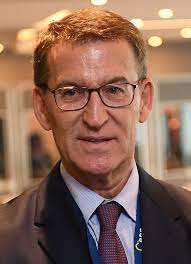
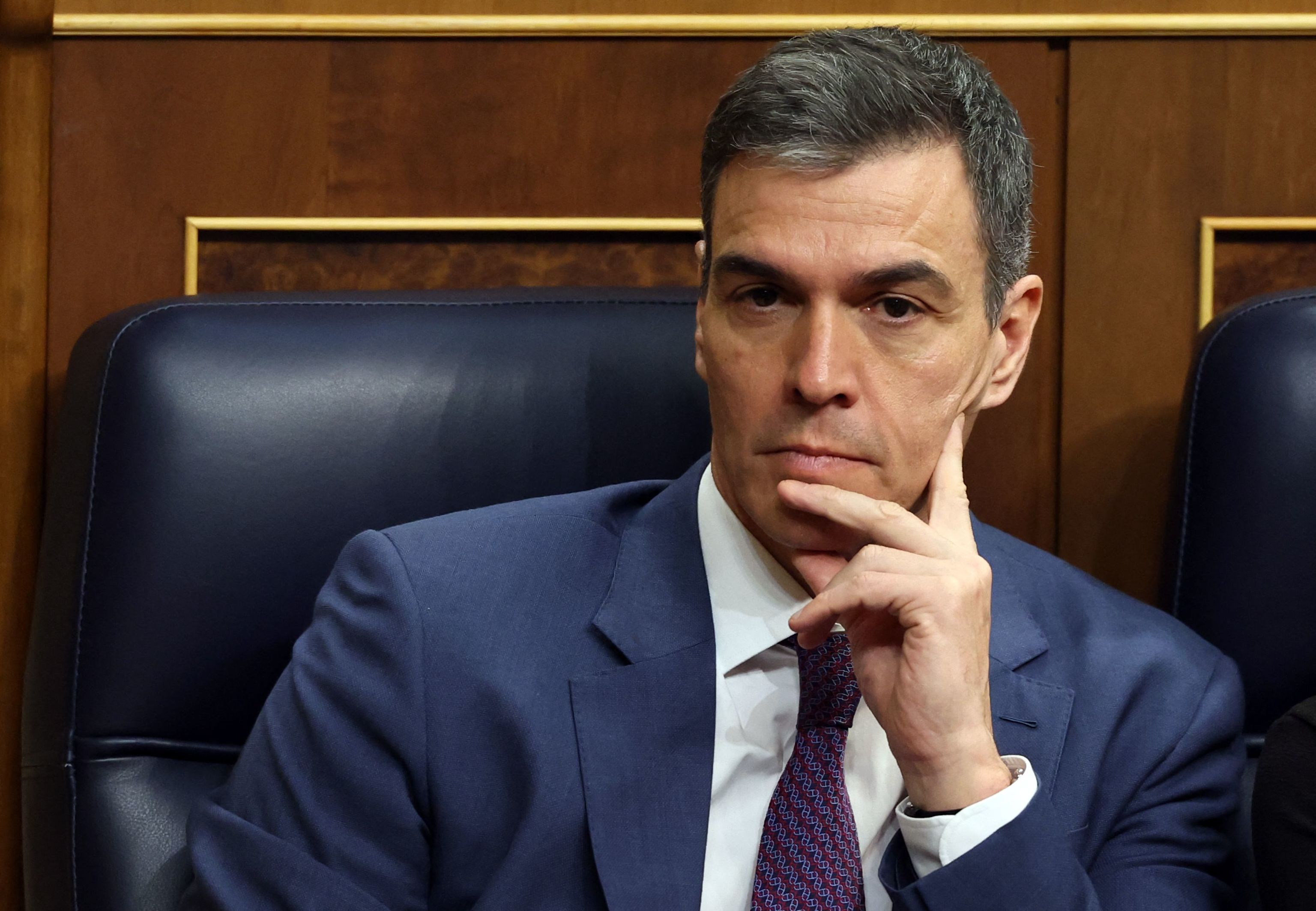
Feijóo [Facebook] Sánchez [Wikipedia]
It is quite clear that the government is NOT to blame. As in many countries, electricity was privatised some years ago.
 These private companies, eg Endesa, Iberdrola, Naturgy and Repsol are more interested in paying their shareholders a dividend than investing in improvements to the electricity infrastructure.
These private companies, eg Endesa, Iberdrola, Naturgy and Repsol are more interested in paying their shareholders a dividend than investing in improvements to the electricity infrastructure.
It has become clear that the Spanish system is not fit for purpose.
The sooner the government takes essential services like electricity, gas and water back under its control, the better, in my opinion.
[El Periódico de la Energía]
How did the apagón affect us personally?
We had no light, no heating and no water - we have a pozo (well), so our underground spring needs electricity to pump it into our deposito. We had no telly, no radio and no internet.
"We need to buy a generator!" says the missus, Rita. "In case it happens again!"
We'll see …..
Links:
What is a guiri? It's what the Spanish call us foreigners - but is it good or bad?
© Paul Whitelock
Photos:
El Periódico de la Energía, Facebook, Huff Post, iStock, Wikipedia
Acknowledgements:
Facebook, Wikipedia
Tags:
Alberto Núñez Feijóo, Anya, Barry, blame the government, "cajero", cyber attack, deposito, Dutch resident, Dutch tourists, El gran apagón, El Periódico de la Energía, Endesa, Facebook, France, freezers, French women, fridges, generator, Huff Post, Iberdrola, iStock, Japanese wife, La Melli, loads of ice cubes, major power-cut, Mika, mobile phones, mobile phone systems, Montejaque, Naturgy, no electricity, no heating, no internet, no light, no lights in the shops, no radio, no TV, no telly, no water, no WiFi, PP, PSOE, Pedro Sánchez, Plaza de la Constitución, political row in Spain, Portugal, pozo, Repsol, Rita, "roaming", Serranía de Ronda, "service", Spain, Spanish Press, tills, Vladimir Putin, Wikipedia,
áéíóú